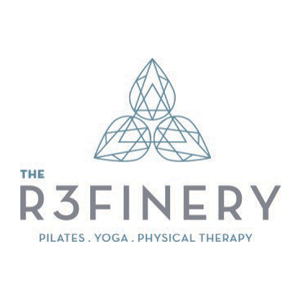Mind Body Memory, Identifying Trauma
Are you on a never-ending search for healing? Do you have a list of ailments a mile long? The body remembers what the mind forgets. Trauma can be physical or mental and leave lasting impressions. Experiences like abuse, betrayal, rejection, and abandonment can result in trauma. While you may think you have moved on from a scary or painful experience, your body may be holding on.
In western medicine, physical pain is treated separately from emotional pain. However, the more we learn about the physical state of the body in response to emotional pain or trauma, the more we consider how to treat the two together. Why is there is something so healing, spiritual even, about a strong massage or a methodical facial? Because there is a reciprocal relationship between emotional and physical healing.
New research on trauma tells us that the physical and emotional experiences of trauma are stored in our memories together. Adversity is experienced on three levels…that of the body, with the emotions, and throughout thoughts. During an injury or emotional upset the body becomes activated, emotions run high, and the ability to think clearly dulls.
Following a difficult experience, the memory remains. This adaptive response helps to keep us safe. However, the problem with storing scary or painful experiences, is that alarm bells continue to signal danger even when there is none. In a similar way emotional and physical pain continue to remind us, even though physical wounds have healed. Essentially, the experience of a terrible event becomes trapped inside.
Despite the spotty nature of memories, emotional and physical trauma can remind us of its impact every day, for years on end. The mind stores emotional experiences within the body and the body remind us of emotional pain from the past. If you have been on an endless search for healing, seen countless doctors, physical therapists, and other specialists in search of a solution to physical pain, it’s time to look within. It’s time to start listening to the emotions of your mind, body, and memory.
The post Mind Body Memory, Identifying Trauma appeared first on Presence Of Mind Therapy.






















Share On: